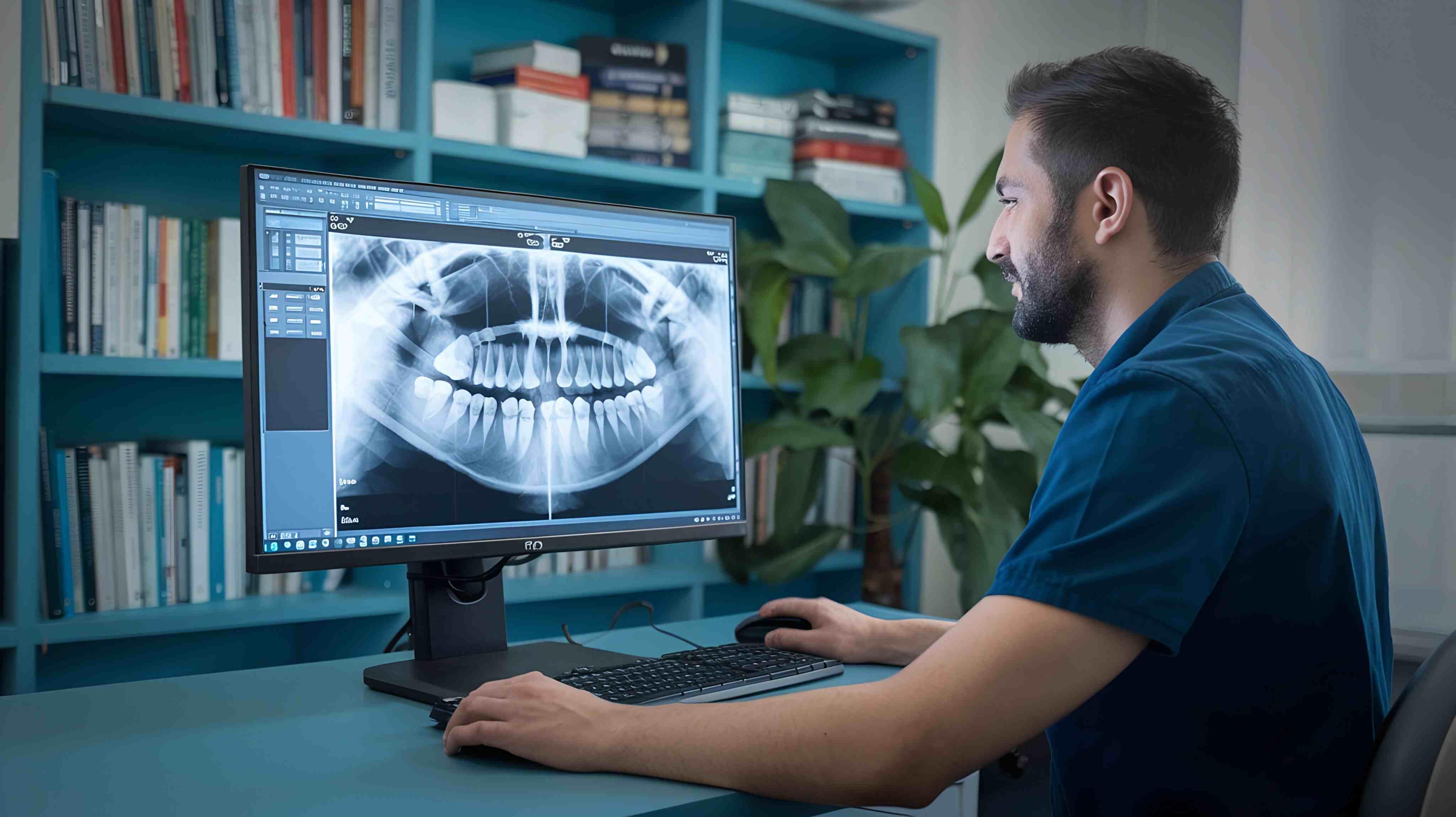Radiology Services: Ensuring Accurate Diagnoses and Effective Treatments

The advanced medical landscape, the field of radiology plays a crucial role in providing accurate diagnoses and guiding effective treatment plans for patients. Through state-of-the-art imaging techniques, radiology services offer healthcare providers valuable insights into the internal structures of the body, helping them identify and address a wide range of medical conditions. From X-rays and ultrasounds to MRIs and CT scans, radiology services encompass a diverse array of diagnostic tools that contribute to improved patient outcomes. Let's explore the significance of radiology services in modern healthcare and how they facilitate optimal medical intervention.
What are Radiology Services?
Radiology services encompass a broad spectrum of imaging techniques and procedures used to visualize and diagnose internal structures of the body. These services are essential in identifying various health conditions, ranging from fractures and tumors to organ abnormalities and chronic diseases. By capturing detailed images of bones, soft tissues, and organs, radiology allows medical professionals to pinpoint the root causes of symptoms and develop personalized treatment plans for patients.
Types of Radiology Services
-
X-rays: These are commonly used to diagnose bone fractures, lung infections, and other musculoskeletal conditions.
-
Ultrasounds: This imaging technique uses sound waves to create real-time images of internal organs, blood flow, and developing fetuses.
-
MRIs (Magnetic Resonance Imaging): MRIs provide detailed images of soft tissues, nerves, and organs, aiding in the diagnosis of neurological disorders, joint injuries, and tumors.
-
CT Scans (Computed Tomography): CT scans use X-rays to produce cross-sectional images of the body, helping detect internal injuries, blood clots, and tumors.
Importance of Radiology Services in Healthcare
Radiology services are instrumental in facilitating early detection, accurate diagnosis, and timely intervention for various medical conditions. Whether screening for cancer, evaluating the extent of injuries, or monitoring disease progression, radiology plays a pivotal role in guiding clinical decision-making and ensuring optimal patient care. By providing detailed insights into the body's internal structures, radiology services enable healthcare providers to deliver precise treatments and monitor treatment responses effectively.
The Role of Radiologists in Patient Care
Radiologists are highly skilled medical professionals who specialize in interpreting imaging studies and providing diagnostic reports to referring physicians. These experts play a critical role in the healthcare team by offering valuable insights into complex medical conditions and guiding appropriate treatment strategies. With their specialized training and expertise in various imaging modalities, radiologists ensure that patients receive accurate diagnoses and timely interventions, leading to improved health outcomes.
Leveraging Technology for Enhanced Diagnostics
Advancements in imaging technology have revolutionized the field of radiology, making diagnostics more accurate, efficient, and patient-friendly. From 3D imaging and digital radiography to AI-assisted interpretations, radiology services continue to evolve, offering healthcare providers new tools to enhance diagnostic accuracy and streamline treatment planning. By harnessing the power of technology, radiologists can deliver high-quality imaging services that improve patient care and overall health outcomes.
Ensuring Quality and Safety in Radiology
Quality assurance and patient safety are paramount in radiology services, ensuring that imaging procedures are conducted accurately and efficiently. Radiology departments adhere to strict protocols and guidelines to minimize radiation exposure, prevent errors in image interpretation, and maintain the highest standards of quality care. By prioritizing safety measures and continuous quality improvement, radiology services uphold their commitment to providing reliable and effective diagnostic services to patients.
Final Thoughts
Radiology services are indispensable in modern healthcare, offering a window into the body's internal structures and playing a crucial role in diagnostics and treatment planning. Whether a routine X-ray or a complex MRI scan, radiology services contribute significantly to patient care, enabling healthcare providers to deliver personalized and effective treatments. By embracing technological advancements and maintaining a focus on quality and safety, radiology services continue to advance medical practice and improve patient outcomes in diverse clinical settings. Choose radiology services for accurate diagnoses, efficient treatments, and better health management.
- Art
- Causes
- Crafts
- Dance
- Drinks
- Film
- Fitness
- Food
- Jogos
- Gardening
- Health
- Início
- Literature
- Music
- Networking
- Outro
- Party
- Religion
- Shopping
- Sports
- Theater
- Wellness


